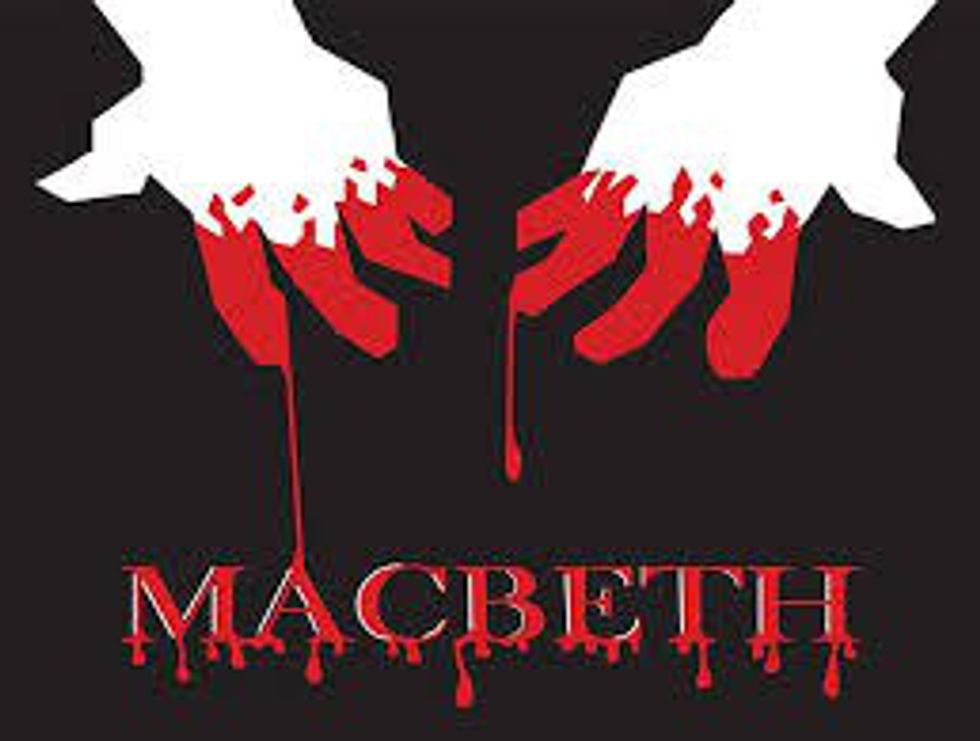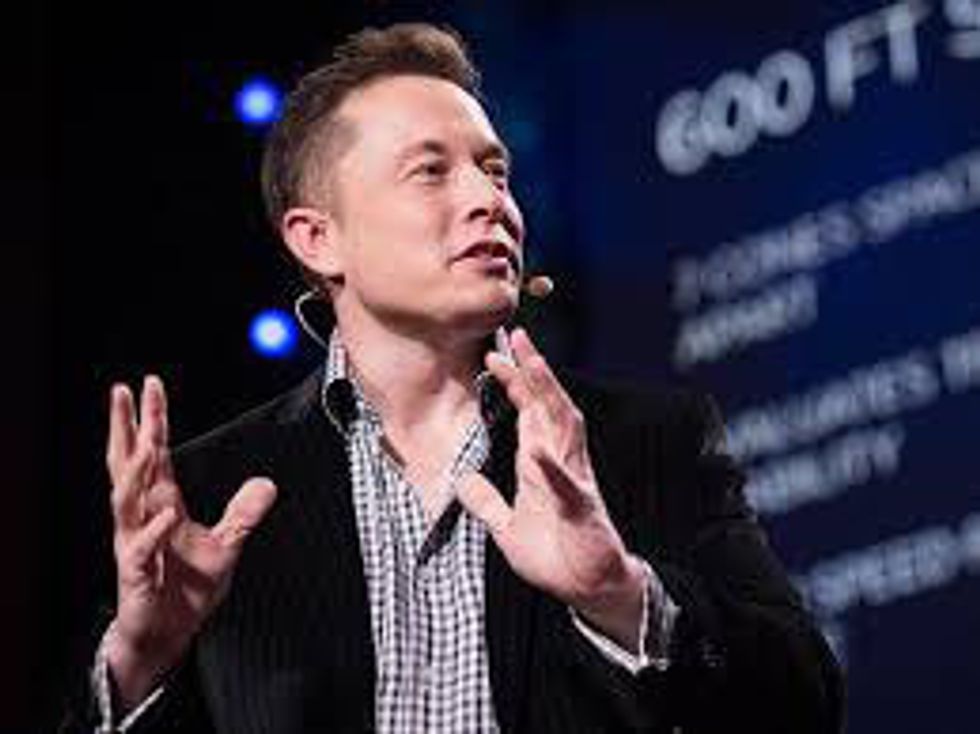Today there are no famous non ambitious leaders. It takes ambition to become a leader and even more ambition to become a well known successful one. People usually believe that there are two types of ambition, for the self and for the collective. Self ambition is initiative and strength for the purpose of promoting one’s status or living conditions. Collective ambition is power and leadership for the purpose of promoting a collective good or cause. A classic tale of the two types of ambition is the Shakespearean play, "Macbeth." In "Macbeth" there are two characters, Macbeth and Macduff, each embody a form of ambition. Macbeth murders the king so he can become king, while Macduff murders the new king, Macbeth, for the purpose of restoring the rightful heir to the throne. The reader sees Macduff as the hero and Macbeth as the villain because Macduff murdered for a worthwhile cause, but Macduff also had personal reasons. Macbeth had killed Macduff’s family in fear that Macduff was rebelling (despite Macduff’s lack of action), and that is partially why Macduff killed Macbeth. Macduff had both self and collective ambition. What if Macbeth had been a good king? If Macbeth had been a great king and lead the country to success then his ambition may have been seen as for the collective good. Macduff needed the motivation that Macbeth had killed his family to work for the collective. Both use self ambition to try and put themselves in a place of leadership to achieve collective ambion, showing that to be collectively ambitious and a good leader, one also needs to be self ambitious.

Macbeth could have had both self and collective ambition, he could have been a great and successful king, but he was killed before he could truly start leading his kingdom. In theory Macbeth could have had a beneficial collective ambition as king that could have outweighed his self ambition that committed murder, and the audience may forgive the murder. But that is not what happened, instead Macbeth’s self ambition destroyed him. Where Musk and Macbeth differ is their success in being self ambitious.
When Macbeth kills Duncan, the king, he began to feel incredible guilt and go mad. He then has to kill others to secure his position of power, such as his best friend which only makes his guilt and maddening worse, and soon he had turned everyone away and ruined his chance of being king. It does not matter if he would have been an incredible king and his collective ambition lead him to great success because Macbeth ruined the first part of becoming collectively ambitious: self ambition. He was overly ambitious and it got him killed, leaving him with no positive legacy. Had Macbeth not been ambitious and tried to become king he could have been revered as a good man and a hero. At the start of the play he gets appointed Thane of Cawdor, a substantial honor and raise in ranking, for his fighting in the opening battle. People think he is a hero for the way he fought,
“And fortune, on his damned quarrel smiling,
Show'd like a rebel's whore: but all's too weak:
For brave Macbeth--well he deserves that name--
Disdaining fortune, with his brandish'd steel,
Which smoked with bloody execution,
Like valour's minion carved out his passage
Till he faced the slave;”
Had Macbeth not been overly ambitious he would have lived out his days as a hero and nobleman, but he never would have had the chance to lead his country as king either. It takes self ambition to be collectively ambitious and good, but being ambitious is tricky.
Elon Musk could have failed at making his first two companies, in which case he never would have made Tesla and SpaceX and we wouldn’t have his leadership towards a better world. Macbeth could have been a great king, but he was overly ambitious in his path to becoming king. Both cases depict someone being self ambitious to become leaders, but one never truly becomes that leader. The path to being a successful leader, full of collective ambition, is dangerous, but the important part is the beginning with self ambition. When overly self ambitious things go wrong, like with Macbeth, but if one is not self ambitious enough then they cannot achieve anything, like if Musk never made Zip2 and X.com. Self ambition is dangerous, but it is necessary to be collectively ambitious and a good leader.



















